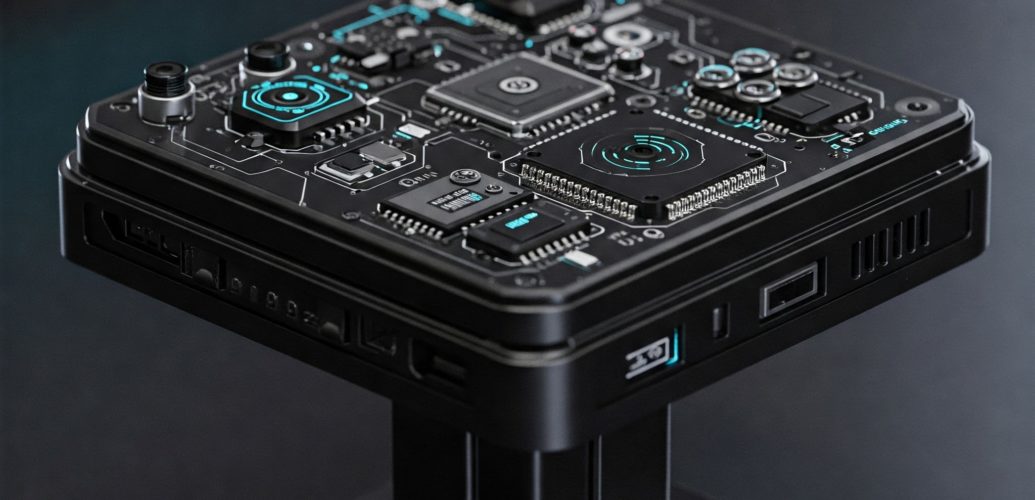Podcast generated by NtebookLM, based on the current Post.
EN
DE
NL
Traditional tabletop exercises involve cross-departmental collaboration—legal, IT, HR, executives, and more—to simulate high-level responses to hypothetical scenarios. While valuable, they come with challenges:
- Complex coordination: Scheduling across multiple teams is time-consuming.
- Infrequency: Due to logistical hurdles, they’re often annual or biannual events.
- Broad focus: Discussions tend to stay high-level, missing technical nuances.
These limitations leave gaps in day-to-day readiness, especially for teams managing critical systems like microservices or cloud infrastructure.
Micro-Tabletop Exercises: Precision Over Scale
Micro-tabletop exercises flip the script by narrowing the scope to a single team or department. Think of them as “sprints” for incident response:
- Focused scenarios: Target specific systems (e.g., a payment gateway, database, or caching service).
- Short duration: 10 minutes to 2 hours, ideal for lunchtime drills or weekly practice.
- Technical depth: Dive into granular issues like memory leaks, API failures, or deployment errors.
- Skill-building: Teams iteratively solve problems, uncovering gaps in their playbooks and tools.
For example, a DevOps team might simulate a sudden spike in failed payment transactions, while a security team could tackle a suspected credential leak—all within a tight timeframe.
Building Your AI Facilitator with ChatGPT
The PDF outlines a step-by-step process to create a custom GPT that acts as a micro-tabletop facilitator. Here’s how to replicate it:
1. Define the Exercise Parameters
- Name and Purpose: Create a GPT with a clear role, like “Microservice TTX Facilitator,” to generate scenario-based drills.
- Instructions: Constrain the GPT to:
- Ask for exercise duration upfront (10–60 minutes).
- Ground scenarios in realistic infrastructure (e.g., “Our tutoring SaaS uses Python microservices on Docker with AWS”).
- Avoid unsolvable “hallucinated” scenarios by sticking to plausible root causes.
- Act solely as a facilitator—providing scenario updates, not solutions—unless explicitly asked.
2. Craft a Scenario Template
Feed the GPT context about your systems. For example:
“We run a tutoring platform with a user service (EC2), session management (Lambda), and PayPal integration. The database is SQL, and we use Redis for caching.”
This helps the AI generate relevant incidents, such as a payment service outage or database latency spike.
3. Run the Exercise
The GPT will prompt your team with escalating scenarios. For instance:
Facilitator: “It’s 10:30 AM. Payment failures are spiking. CloudWatch shows high memory usage on the PayPal service instance. What’s your next move?”
Teams discuss actions (e.g., checking logs, restarting containers), while the GPT reveals new data (error codes, metrics) based on their choices.
4. Debrief and Improve
At the end, the GPT provides feedback:
- What went well (e.g., “Quickly identified third-party status checks”).
- Gaps (e.g., “No playbook for memory leaks in Docker”).
- Recommendations (e.g., “Document escalation paths for AWS support”).
Real-World Example: Simulating a Payment Gateway Crisis
Imagine your team faces this GPT-generated scenario:
“150 users report payment failures during peak tutoring hours. PayPal claims no outage, but your service instance has 95% memory usage. Bookings are plummeting.”
Team Actions:
- Check payment processor status → No external outage.
- Review CloudWatch → Identify memory leak in a Docker container.
- Restart the service → Temporary fix, but root cause unknown.
- Analyze logs → Discover a misconfigured caching loop.
Outcome: The team updates deployment checks to prevent similar issues and drafts a runbook for memory optimization.
Scaling Beyond Silo
As teams mature, micro-tabletops can evolve:
- Cross-team drills: Collaborate with interdependent teams (e.g., security + DevOps).
- Shared scenarios: Simulate multi-service failures (e.g., a cascading AWS region outage).
- External simulations: Include vendors or customers in crisis communication drills.
Why This Matters
Micro-tabletop exercises turn theoretical knowledge into muscle memory. By practicing frequently with tailored scenarios, teams:
- Reduce mean time to repair (MTTR) during real incidents.
- Uncover hidden dependencies and single points of failure.
- Foster a culture of continuous learning.
Ready to Build Your Own?
Grab a coffee, fire up ChatGPT, and start crafting your first micro-tabletop. Whether you’re troubleshooting Kubernetes clusters or phishing attacks, these exercises are your shortcut to a sharper, more resilient team.
“In crisis management, practice doesn’t make perfect—it makes preparedness.”
TL;DR: Ditch the clunky, infrequent tabletop marathons. Micro-tabletop exercises, powered by AI facilitators, offer a faster, focused way to build technical resilience—one Docker container at a time.
